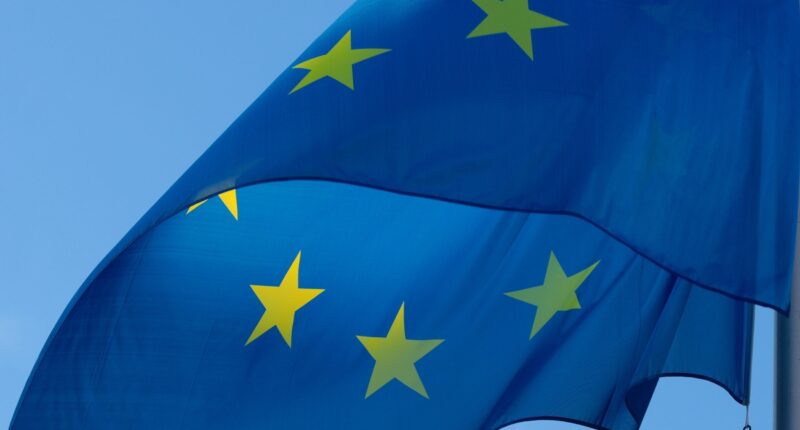EU news and media websites adapted to the General Data Protection Regulation without affecting their ability to produce content, according to a study by Carnegie Mellon University, MIT, Institut Mines Telecom Business School, and Cornell University.
Researchers examined nearly 1,000 content providers in several EU countries (France, Germany, the Netherlands, Spain, and the United Kingdom) and in the United States, mining information from their websites at regular intervals between April 2017 and November 2019, before and after the GDPR was implemented in May 2018.
The study found significant evidence of changes, especially among EU websites. Both EU and US websites responded to the GDPR by significantly reducing the magnitude of visitor tracking, though this reduction was short-lived and followed by an increase in tracking. However, EU websites’ tracking eventually stabilized at levels lower than before the GDPR was implemented. In addition, EU websites increasingly used consent mechanisms, while few US websites did so.
Using multiple identification strategies and dependent variables, the study did not find any statistically significant impact of the GDPR on EU websites’ ability to provide content relative to their US counterparts. While researchers found a small decline in the average number of page views per user in EU websites relative to US websites, they found no statistically significant impact on other measures of visitor engagement, including the amount of traffic EU websites received or their rank, or visitors’ social media reactions to new content.
“Content providers rely on online advertising for revenue,” notes Vincent Lefrere at Institut Mines Telecom, who coauthored the study. “The GDPR raised concerns that these providers could be harmed by the regulation of data flows used in programmatic ads and restrictions on online tracking. This, in turn, has led to questions about the appropriate balance between the regulatory goal of protecting privacy and other societal interests.”
“Although industry predicted dire consequences from the GDPR for content providers, the results of our study suggest that EU content providers responded to the regulation without triggering the undesirable outcomes forecast by the ad-tech industry,” says Alessandro Acquisti at MIT Sloan, who worked on the study while at Carnegie Mellon University.
The study was published in Management Science and funded by the Alfred P Sloan Foundation, CARNOT Telecom & Societe Numerique, DATAIA Convergence Institute, the French National Research Agency, and the National Science Foundation.











